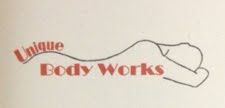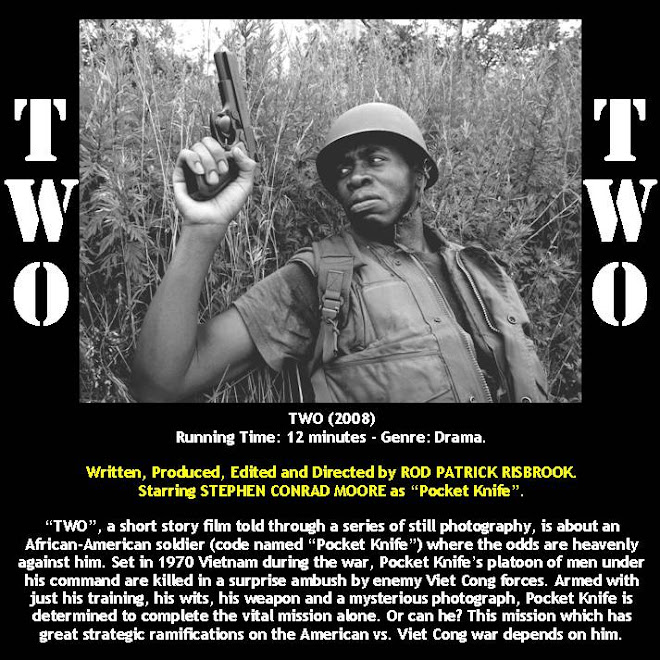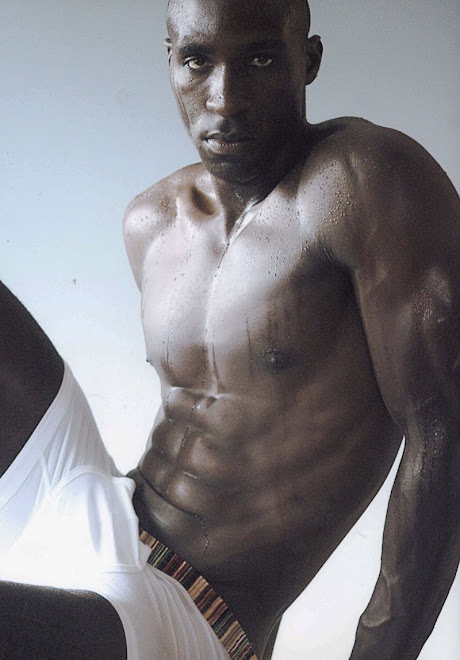Official Website: apastdenied.ca
History is not the past, it is how we recount the past. A Past, Denied: The Invisible History of Slavery in Canada is a feature-length documentary by independent filmmaker Mike Barber. The film, which is currently in production, explores how a false sense of history—both taught in the classroom and repeated throughout our national historical narrative—impinges on the present. It examines how 200 years of institutional slavery during Canada’s formation has been kept out of Canadian classrooms, textbooks and social consciousness.
The Trans-Atlantic Slave Trade effectively started in 1444 when Portuguese pirates, operating under the auspices of Prince Henrique, kidnapped 235 Africans from a village near the mouth of the Senegal River and brought them back to Portugal where they were sold as slaves. From that point forward, over 15,000,000 Africans would be forcibly removed from their homeland and sold into slavery in Europe and the Americas; over 30,000,000 others would die in slave wars, work camps, or during transit aboard slave ships until the Trans-Atlantic Slave Trade ended in the 1860s.
Today in North America, the use of African slave labour is seen as a uniquely American institution. Canada is reputed as being the promised land to the North to where slaves could escape and live as free men and women. The Underground Railroad is our claim to fame, and we toot that horn proudly. Our history textbooks—and much less, our national historical narrative—rarely, if ever mention the two centuries of institutionalized slavery and its role in the founding of Canada.
The version of history taught in Canadian schools tends to serve the interests of nationalist pride rather than education. Figures such as René Bourassa, Colin McNabb, Joseph Papineau and Peter Russell have been made into historical icons, honoured in our texts and on our landscape. All were slave owners and some were rabid advocates of slavery, though today one would never know it. Among the multitude of authoritative biographies on such founding figures, these facts have a tendency to escape any mention, either because the authors chose not to include these facts or because they simply were not aware. Whether this act of censorship is intentional or not the error is compounded, the cycle of ignorance is perpetuated.
History Matters
The subtle underlying message this selective and filtered history conveys is one of white superiority. When students are taught that it is only white people who tend to do anything of historical importance it effectively instills them with a “white people belong on top, people of colour belong on the bottom” outlook on the world. Fed the same false sense of history, white students feel good about their heritage at the expense of non-white students who feel alienated to the point that they begin to tune out. According to figures from the Toronto District School Board, by age 16 more than half of black male teens are at risk of dropping out. In Montréal, the dropout rate among black youth is an estimated 48 per cent. The history curriculum is not solely responsible for these alarming statistics, but it is culpable.
There is a direct cause-and-effect relationship with our collective past and our collective present, as well as our collective future. To fully understand the context of current conflicts and events, we need to know the relevant past and its causal relationship. In his book Lies My Teacher Told Me: Everything Your American History Textbook Got Wrong, historian and sociologist James Loewen explains “slavery’s twin legacies” to the present as “the social and economic inferiority it conferred upon blacks and the cultural racism it instilled in whites.” Both of which, he adds, “continue to haunt our society.” Removing this substantial part of our nation’s development from our historical narrative is not just an academic or moral problem. It has deprived and continues to deprive generations of the ability to identify “the dynamic interplay between slavery as a socioeconomic system and racism as an idea system.”
The film will show the connections between the practice of slavery in the past with racial disparity, tensions, and racism in the present. It will illustrate why telling history in a neutral, accurate and more complete manner is vital to understanding the causal relationship between past, present and future. The overarching point being more than just “history matters,” but rather honest history matters.
The Trans-Atlantic Slave Trade effectively started in 1444 when Portuguese pirates, operating under the auspices of Prince Henrique, kidnapped 235 Africans from a village near the mouth of the Senegal River and brought them back to Portugal where they were sold as slaves. From that point forward, over 15,000,000 Africans would be forcibly removed from their homeland and sold into slavery in Europe and the Americas; over 30,000,000 others would die in slave wars, work camps, or during transit aboard slave ships until the Trans-Atlantic Slave Trade ended in the 1860s.
Today in North America, the use of African slave labour is seen as a uniquely American institution. Canada is reputed as being the promised land to the North to where slaves could escape and live as free men and women. The Underground Railroad is our claim to fame, and we toot that horn proudly. Our history textbooks—and much less, our national historical narrative—rarely, if ever mention the two centuries of institutionalized slavery and its role in the founding of Canada.
The version of history taught in Canadian schools tends to serve the interests of nationalist pride rather than education. Figures such as René Bourassa, Colin McNabb, Joseph Papineau and Peter Russell have been made into historical icons, honoured in our texts and on our landscape. All were slave owners and some were rabid advocates of slavery, though today one would never know it. Among the multitude of authoritative biographies on such founding figures, these facts have a tendency to escape any mention, either because the authors chose not to include these facts or because they simply were not aware. Whether this act of censorship is intentional or not the error is compounded, the cycle of ignorance is perpetuated.
History Matters
The subtle underlying message this selective and filtered history conveys is one of white superiority. When students are taught that it is only white people who tend to do anything of historical importance it effectively instills them with a “white people belong on top, people of colour belong on the bottom” outlook on the world. Fed the same false sense of history, white students feel good about their heritage at the expense of non-white students who feel alienated to the point that they begin to tune out. According to figures from the Toronto District School Board, by age 16 more than half of black male teens are at risk of dropping out. In Montréal, the dropout rate among black youth is an estimated 48 per cent. The history curriculum is not solely responsible for these alarming statistics, but it is culpable.
There is a direct cause-and-effect relationship with our collective past and our collective present, as well as our collective future. To fully understand the context of current conflicts and events, we need to know the relevant past and its causal relationship. In his book Lies My Teacher Told Me: Everything Your American History Textbook Got Wrong, historian and sociologist James Loewen explains “slavery’s twin legacies” to the present as “the social and economic inferiority it conferred upon blacks and the cultural racism it instilled in whites.” Both of which, he adds, “continue to haunt our society.” Removing this substantial part of our nation’s development from our historical narrative is not just an academic or moral problem. It has deprived and continues to deprive generations of the ability to identify “the dynamic interplay between slavery as a socioeconomic system and racism as an idea system.”
The film will show the connections between the practice of slavery in the past with racial disparity, tensions, and racism in the present. It will illustrate why telling history in a neutral, accurate and more complete manner is vital to understanding the causal relationship between past, present and future. The overarching point being more than just “history matters,” but rather honest history matters.




+LR+Edit+32.jpg)


.jpg)


























.jpg)



